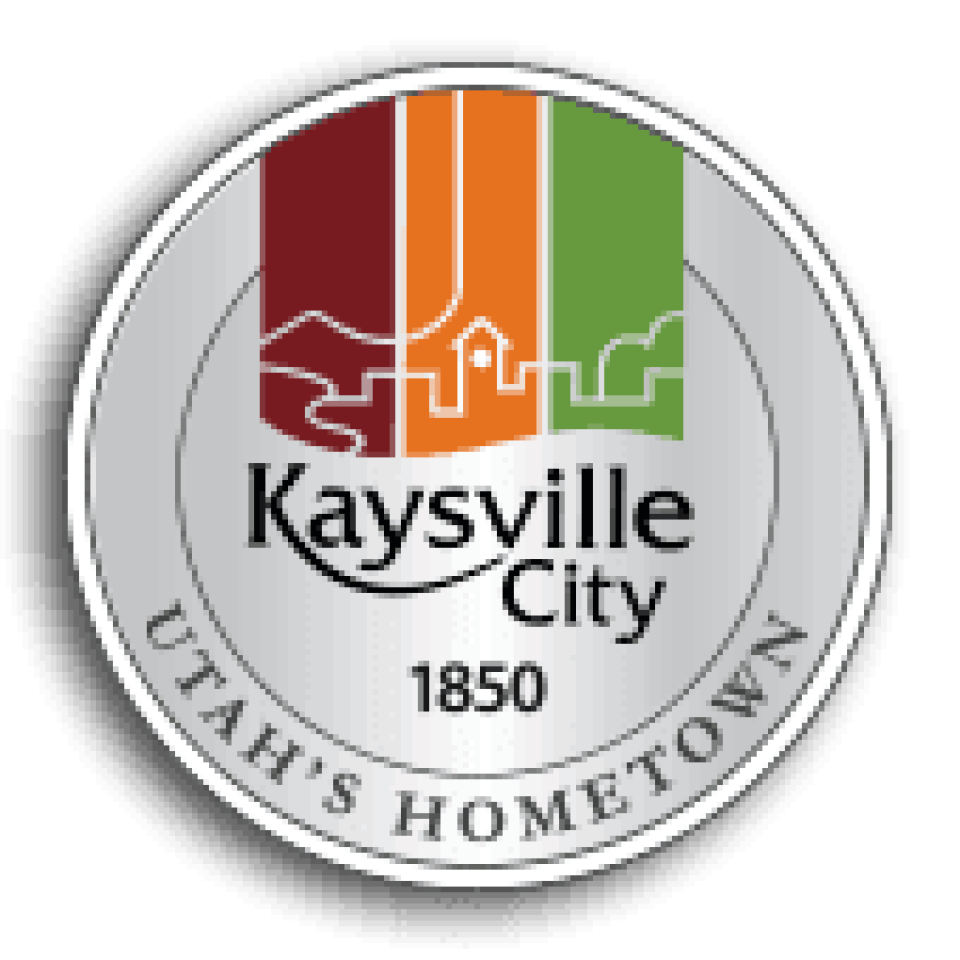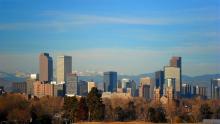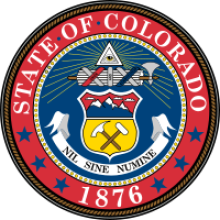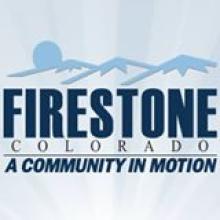Mountain Connect 2023 Climbs Into The BEAD Era and Beyond
Just as the BEAD program becomes a major driving force in the ongoing broadband-ification of America, hundreds of local network builders, operators, thought-leaders, and policy-makers will descend on Denver, Colorado for Mountain Connect 2023 early next month.
Themed this year as “Collaborate, Integrate, Innovate,” the agenda is packed with plenty of BEAD-centered panels but also offers a buffet of other focused forums that will cover emerging technologies, local network case studies, and larger community development concerns.
Spots for the conference, which will be held August 7-9 at the Denver Sheraton, are filling up fast. But, would-be attendees can still register here.
As with the previous eight annual Mountain Connect conferences, this year’s three-day conference in the Mile High City will bring together a veritable who’s-who of people working in the trenches of a national effort to bring high-speed Internet access to the tens of millions unserved and underserved households and businesses across the U.S.
Among the conference participants will be representatives from 15 state broadband offices, which accounts for more than $15 of the $42.5 billion in BEAD funds that will be allocated by states in the form of competitive state grants.







 Comcast and Centurylink provide Internet access to the community of around 620,000 people. Even though the large corporate providers tend to concentrate their investments in urban areas like Denver, the issue of affordability still keeps many urban dwellers on the wrong side of the digital divide.
Comcast and Centurylink provide Internet access to the community of around 620,000 people. Even though the large corporate providers tend to concentrate their investments in urban areas like Denver, the issue of affordability still keeps many urban dwellers on the wrong side of the digital divide. 




